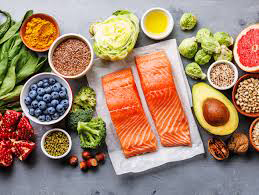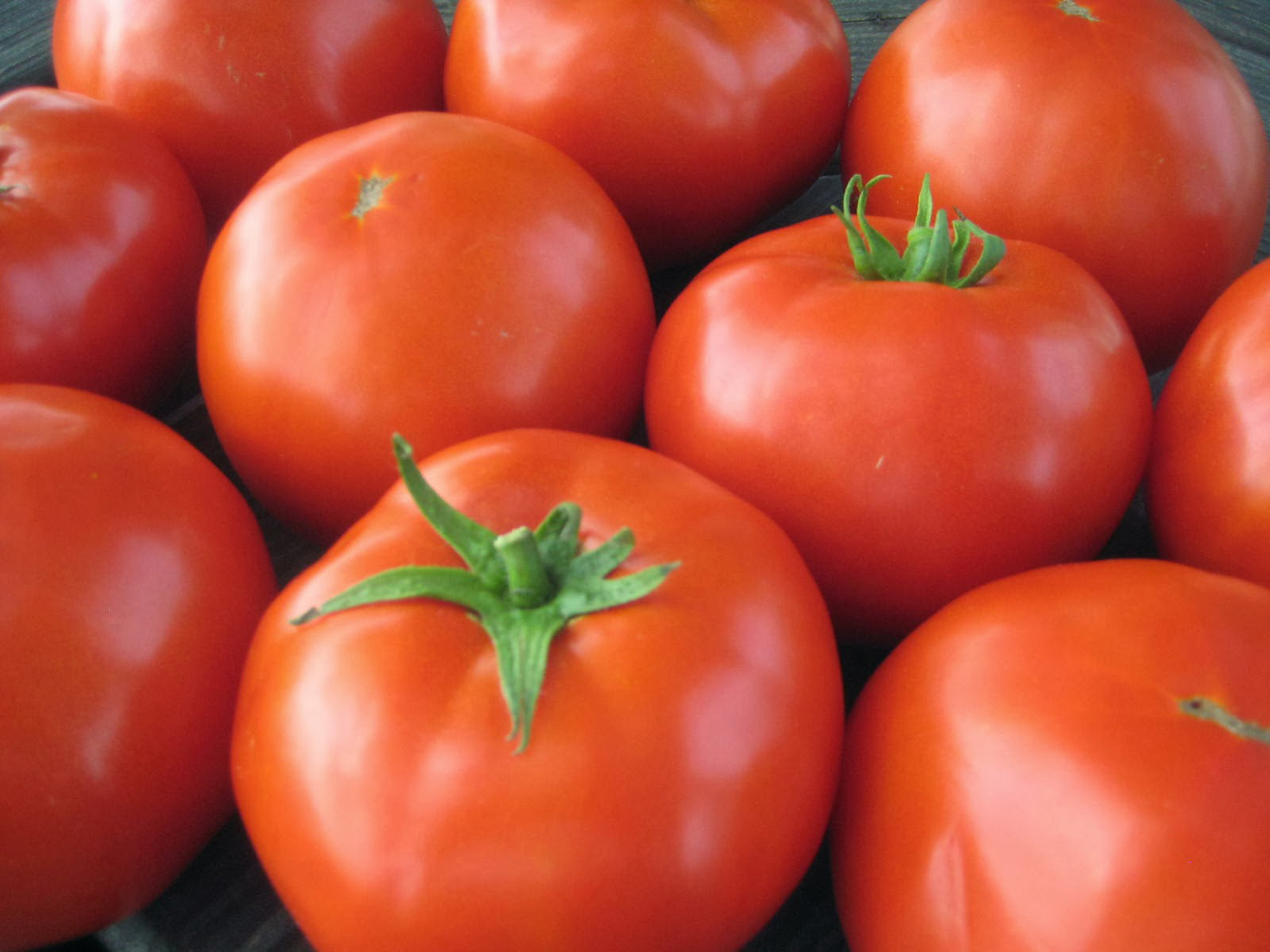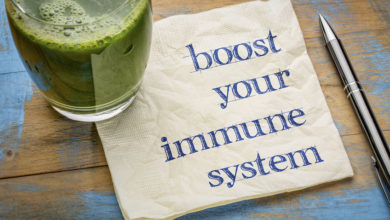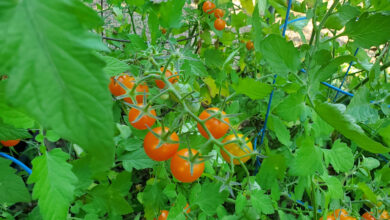Inflammation and your diet
by Tami Mungenast CPT, CNWC
 Your diet and lifestyle have a direct impact on inflammation in your body. Foods in your diet can combat inflammation in the body or cause it. Chronic systemic inflammation in the body can lead to serious conditions such as heart disease, cancer and Alzheimer’s disease. Inflammation in the body is typically caused by a poor diet. A diet high in sugar and refined flours, processed foods and unhealthy fats (like trans fats) increase the body’s inflammation and joint pain. Lack of exercise, stress and allergens can also increase the body’s inflammatory levels. Here are some easy tips on how to make small changes that will help decrease your inflammation and discomfort.
Your diet and lifestyle have a direct impact on inflammation in your body. Foods in your diet can combat inflammation in the body or cause it. Chronic systemic inflammation in the body can lead to serious conditions such as heart disease, cancer and Alzheimer’s disease. Inflammation in the body is typically caused by a poor diet. A diet high in sugar and refined flours, processed foods and unhealthy fats (like trans fats) increase the body’s inflammation and joint pain. Lack of exercise, stress and allergens can also increase the body’s inflammatory levels. Here are some easy tips on how to make small changes that will help decrease your inflammation and discomfort.
Get an oil change: Swap unhealthy fats (trans fats, processed fats) for healthy fats. Eat healthy fats from olive oil, nuts, avocados, seeds, wild caught salmon and other omega 3 food sources such as sardines, herring and mackerel.
Cut the sugar and refined flours: Reduce foods and beverages with added sugars. Avoid processed foods with refined flour. Consuming high amounts of sugar and processed foods and drinks cause a sudden spike in blood glucose levels. Following the spike, a dramatic drop occurs which activates the systemic stress response. This then triggers a spike in the inflammatory response. When eating and drinking high sugar/high processed foods it directly contributes to ongoing inflammation and pain in the body.
Increase your plant based foods: Swap out processed foods for plant based meals that are preferably organic. Vegetables and low sugar fruits are rich in powerful anti-inflammatory plant chemicals called phytonutrients. Berries are some of the richest sources of anti-inflammatory nutrients. They contain antioxidants called anthocyanins. These compounds have anti-inflammatory effects and may reduce your risk of disease. Cruciferous vegetables like broccoli, cauliflower, and brussels sprouts are also very beneficial, not only are they extremely nutritious but research shows that eating a lot of cruciferous vegetables decreases the risk of heart disease and cancer, as well as offering anti-inflammatory properties. Broccoli, for example, is rich in sulforaphane, an antioxidant that fights inflammation.
Use spices: Mother Nature gave us some amazing flavors that also provide anti-inflammatory properties. Ginger, turmeric, cinnamon, basil and cardamom can help flavor your food and decrease inflammation.
Exercise: Regular exercise helps reduce inflammation in the body. Moderate exercise creates a cellular response in the body that suppresses inflammation naturally.
Relax and rest more: You probably know that it is necessary to rest and relax. Most health experts around the world recommend a minimum of seven to eight hours of sleep. If you suffer from too much stress or too little sleep it can increase the hormone cortisol which is associated not only with weight gain but also inflammation. Meditation and yoga are also helpful in reducing cortisol and relaxing the vagus nerve.
Eating and living in a way to promote lower inflammation can help you live with less discomfort. It can also significantly reduce your risk of disease and help you achieve a healthy weight.






